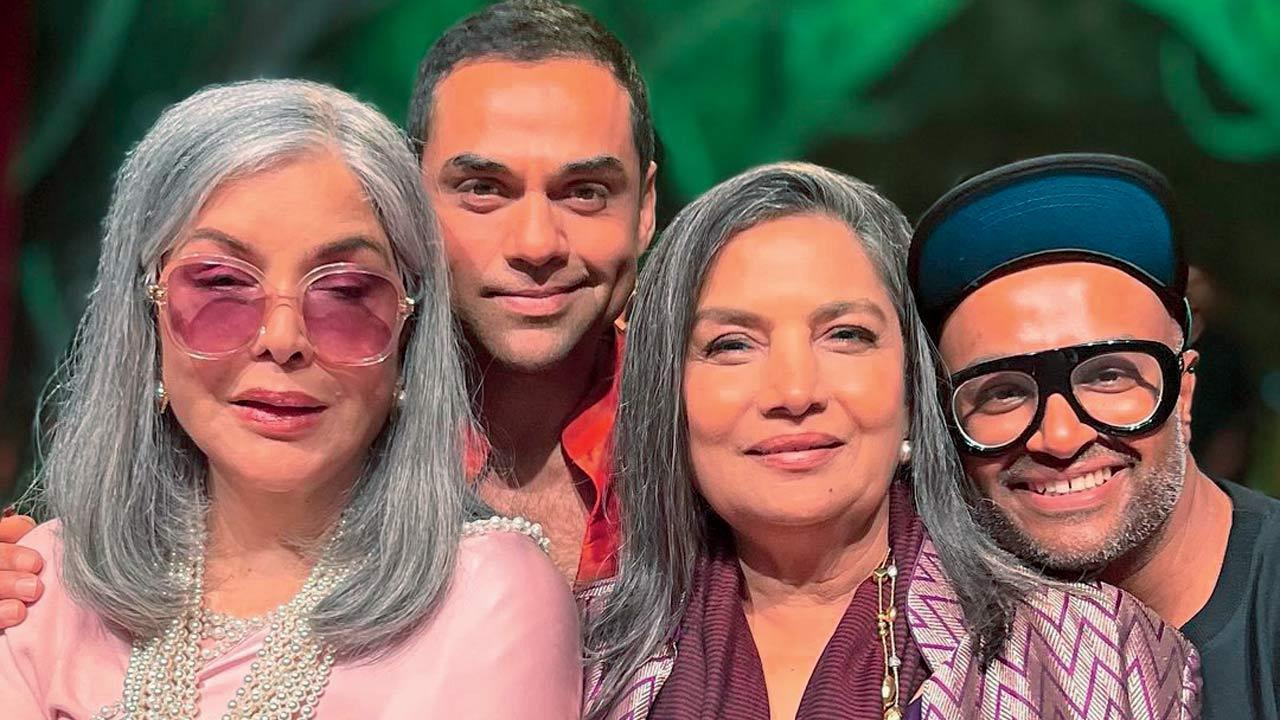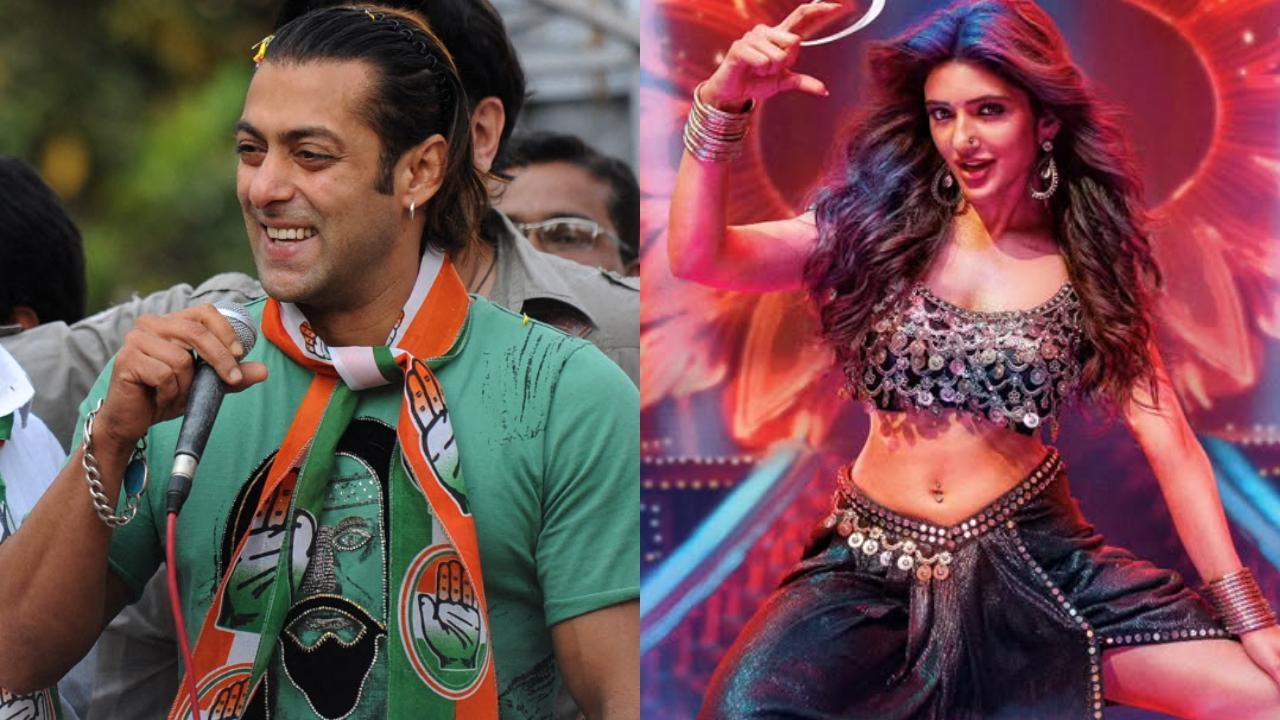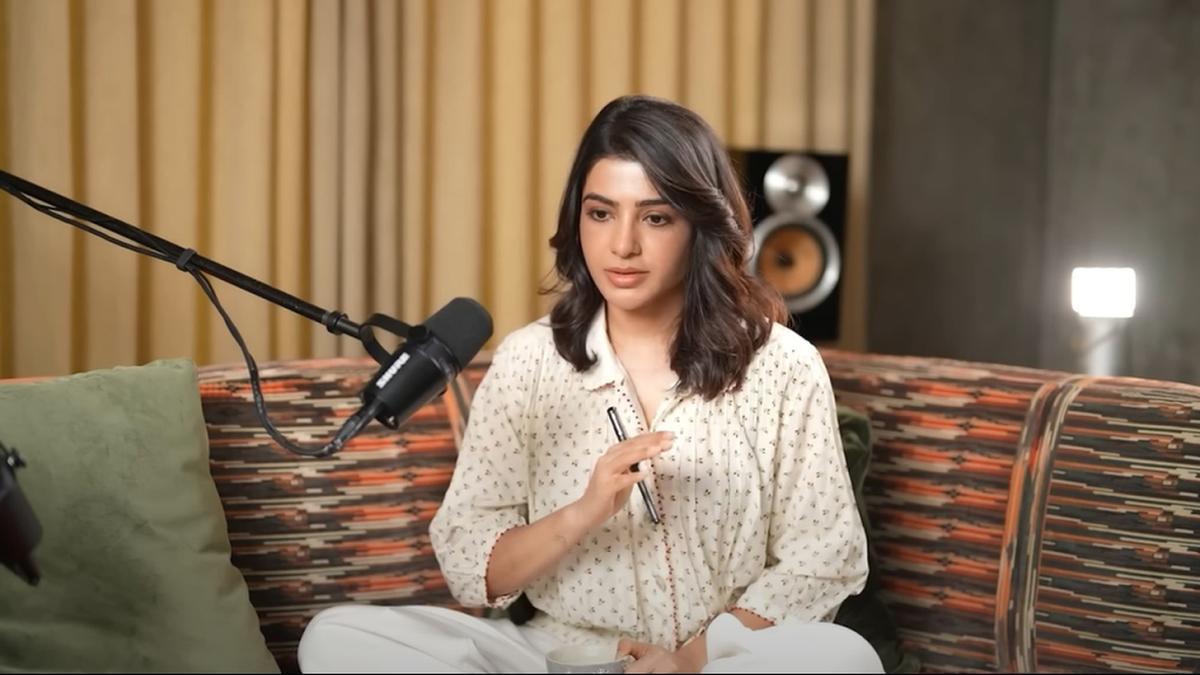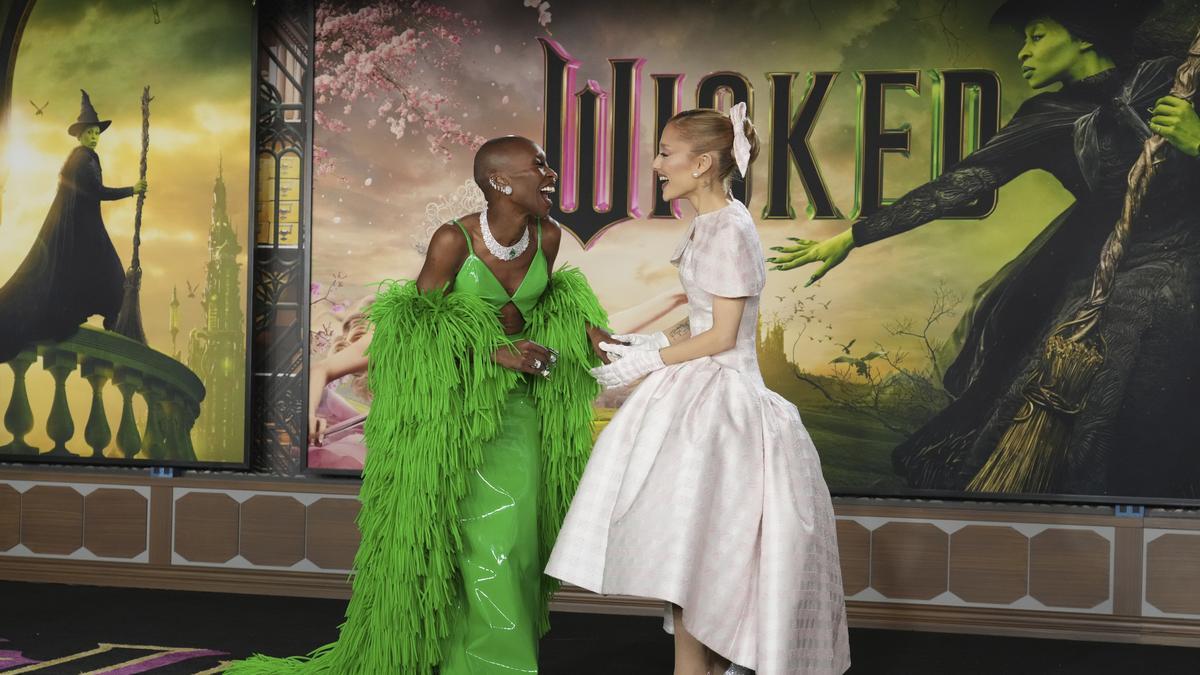
Malayalam actor and filmmaker Joju George finds himself at the center of a mounting controversy after a phone call he allegedly made to a reviewer of his directorial debut, “Pani,” surfaced online. The call, allegedly made to Adarsh H.S, a research scholar who critiqued the film, has ignited a storm of criticism against George, an established name in the industry. Adarsh H.S took to the internet to share a recording of the conversation, accusing the acclaimed actor of issuing threats, which has prompted fierce backlash on social media.
The controversy began when Adarsh posted a critical review of “Pani,” highlighting what he perceived as the film’s problematic representation of sensitive topics. According to the review, the film mishandled the depiction of rape, expressing concern that the portrayal in “Pani” was reminiscent of old B-grade films notorious for objectifying women. Adarsh insisted that rape scenes should be treated with a level of gravity that fosters empathy in audiences towards the victim, suggesting that “Pani” failed in this respect.
In the alleged leaked phone conversation, Joju George can be heard confronting the reviewer, questioning his motives, and inviting him to a face-to-face meeting. Adarsh remarked that such actions could potentially tarnish the respect that George has garnered over the years. The review and the ensuing phone call raise questions about the delicate balance between artistic expression and critique and further highlight the volatile relationship between creatives and their critics.
The situation took an unexpected turn when, on Friday night, November 1, 2024, Joju George attempted to clarify his position through a live video on his social media platform. During the video, he admitted to making the call but defended his actions by saying it was a direct response to what he perceived as a targeted campaign against his film. George expressed his belief in the freedom of expression and stated that he usually refrains from engaging with negative reviews.
. However, he felt compelled to act because, according to him, Adarsh not only divulged significant plot points but also left disparaging remarks on multiple platforms, dissuading viewers from watching the film.
In the live video, George announced his intention to pursue legal action, gathering evidence in the form of screenshots to support his position. He explained that his concern was with the deliberate nature of the negative campaign rather than the mere fact of criticism itself. The actor’s live defense has been met with mixed responses; while some fans support his right to respond to harmful online behavior, others criticize what they see as an overreach or attempt to silence legitimate critique.
The incident has sparked a broader conversation within the industry regarding the responsibilities of filmmakers and the power dynamics involved when they confront critics. With the rise of social media, reviewers have new platforms to express their opinions, some of which can become contentious when met with disapproval from film creators. This ongoing debate touches on the rights of reviewers to freely express their opinions and the extent to which filmmakers can react to critiques that they perceive as harmful or unjust.
As the story continues to unfold, many are watching to see how this controversy might influence future interactions between filmmakers and critics in the Malayalam film industry. The issue underscores the tensions inherent in the digital age, where the line between reasonable discourse and harassment is continually tested.
Adarsh H.S, who stands by his review, has yet to respond to George’s latest comments about pursuing legal action. Meanwhile, film fraternity members, along with audiences, are waiting to see how this controversy will ultimately resolve. Whether it will push for more constructive dialogue between creators and reviewers or simply fade away after the initial uproar remains to be seen. What is certain is that this incident has opened up a critical conversation about creative accountability and the role of critique in the artistic landscape.










